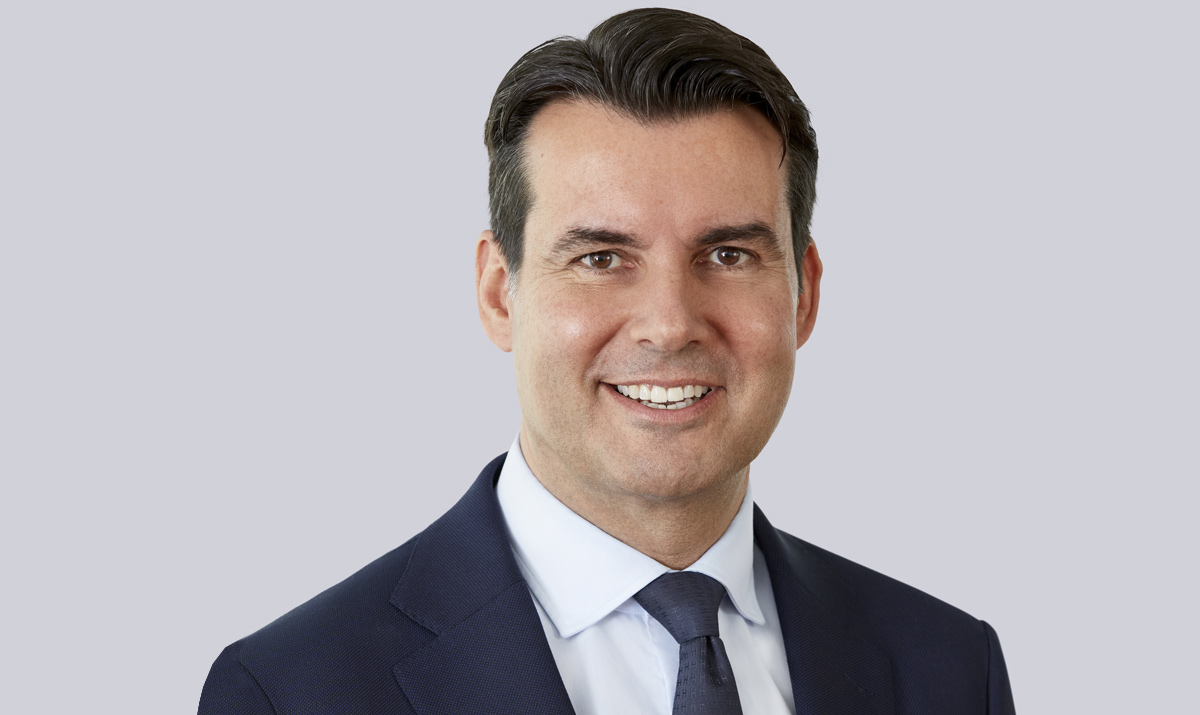
29 Oct Interview with Aris Prepoudis, CEO, SIGMA Bank
Why is Liechtenstein considered an advantageous destination for doing business?
The key drivers for growth in Liechtenstein’s financial services sector are its outstanding political stability and membership in the European Economic Area (EEA), which facilitates cross-border business within Europe. Being denominated in Swiss francs is another significant advantage, especially amid economic uncertainty in countries like Germany, Italy and France. Many European citizens seek a safe haven for their assets, and Liechtenstein stands to benefit from this trend.
Additionally, Liechtenstein supports an open and welcoming culture. As a Swiss citizen, I have been treated warmly as a foreigner. Every interaction with authorities or regulators has been constructive and friendly. This openness is a key factor in Liechtenstein’s success. If you adhere to local guidelines and adapt slightly to the culture, you will feel perfectly at home. Liechtenstein is small and truly feels like paradise. People here are happy and proud to be from their country, which is very motivating. The income tax is slightly lower than in Switzerland and the market stands out with its positive and solution-oriented mentality. Liechtenstein’s approach to business is reminiscent of the American approach; the market is more focused on possibilities than problems.
Can you give us an overview of SIGMA Bank’s current operations and why it stands out from its competitors?
SIGMA Bank comprises two distinct entities: Sigma Kreditbank, a consumer loan franchise that has operated in Germany for more than two decades, and the parent company, SIGMA Bank, which offers traditional private banking services. Our solid profits stem from loyalty and long-standing client relationships; many remain with us for years. Our unique business model focuses on interest rate margins and produces significant credit activity. We are active in both mortgage and consumer lending. Despite undergoing a transformative period, these factors have positioned us for continued future profitability.
We proactively promote mortgage lending in the Swiss market. Historically, the Swiss mortgage market has been viewed as an opportunity for mezzanine finance yet has remained largely untapped by banks, leaving an open niche market for private debt funds and incubators. We are gradually entering this market by engaging with professional investors. We focus solely on residential real estate and provide bridge loans. As a smaller firm, our quicker decision-making processes attract clients looking for more agile banking solutions. Our strategy involves showcasing our specific expertise to clients. We are pursuing partnerships with firms with niche expertise such as a recent agreement with a Zurich-based asset management company specializing in subordinated fixed-income management. We work with international clients but cannot accept US citizens as clients for regulatory reasons.
How important is digitization to the company’s current growth strategy?
Our bank is undergoing a significant information technology (IT) transformation due to outdated infrastructure, a common challenge among our competitors. We will begin a core banking IT migration over the next 12 months. This will be a demanding project as we are integrating our entire system. This upgrade is essential; IT is fundamental to banking operations. While Liechtenstein has established a strong reputation in the fintech sector due to progressive legislation, we do not currently engage in crypto or related services as we lack expertise in these areas and have reservations about their transparency. However, digitalization is critical, especially in consumer lending. Today’s customers expect instant access to funds while shopping, which necessitates fully digital processes. We will invest significantly in enhancing our digital capabilities to meet these expectations. Our top priority is improving our IT infrastructure and automating our business model. We aim to streamline operations, particularly in consumer lending where advanced IT and analytics are essential for growth. Once we achieve this, we will scale effectively, and profit will follow. We have the right people and service orientation in place.
What is SIGMA Bank doing to incorporate sustainable banking into its operations?
Integrating sustainability criteria into investment decisions has become fashionable over the past decade. However, we are not convinced it improves performance. This skepticism is partly due to the prevalence of greenwashing in the industry; it often feels more like marketing than true performance enhancement. However, younger generations want to know where their money goes and prefer to avoid industries like petrochemicals that raise ethical concerns. Our primary focus is to comply with rapidly evolving regulatory standards, such as the European Union’s taxonomy and sustainability reporting requirements.
How important is training and creating a positive workspace for employees at SIGMA Bank?
We regularly train our staff in regulatory compliance, which has become crucial, especially regarding tax transparency and international regulations. Our internationally active shareholder emphasizes the importance of strict compliance, and we prioritize this. We also aim to create a welcoming environment where employees feel at home. As a small firm, we offer a personal atmosphere that contrasts with the atmosphere of larger organizations. All our staff know each other. If the team has an issue, one can easily come to my office for immediate resolution. Fostering family spirit is vital for our company’s development; I strive to foster an optimistic work culture where employees enjoy their jobs. I see a prosperous future for our group in a country that is also developing. I am optimistic about what lies ahead.
